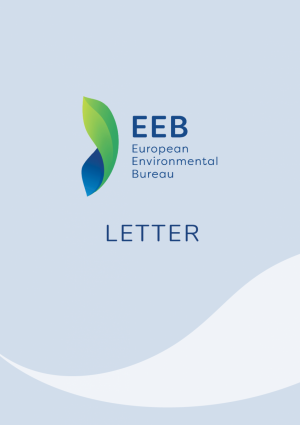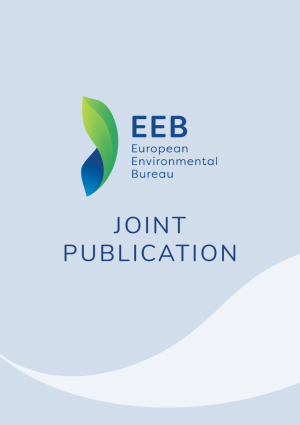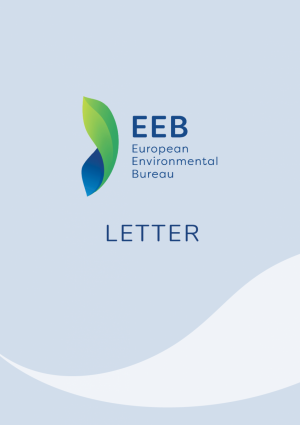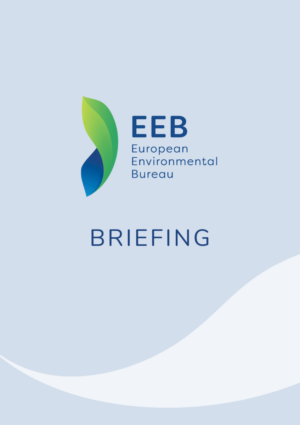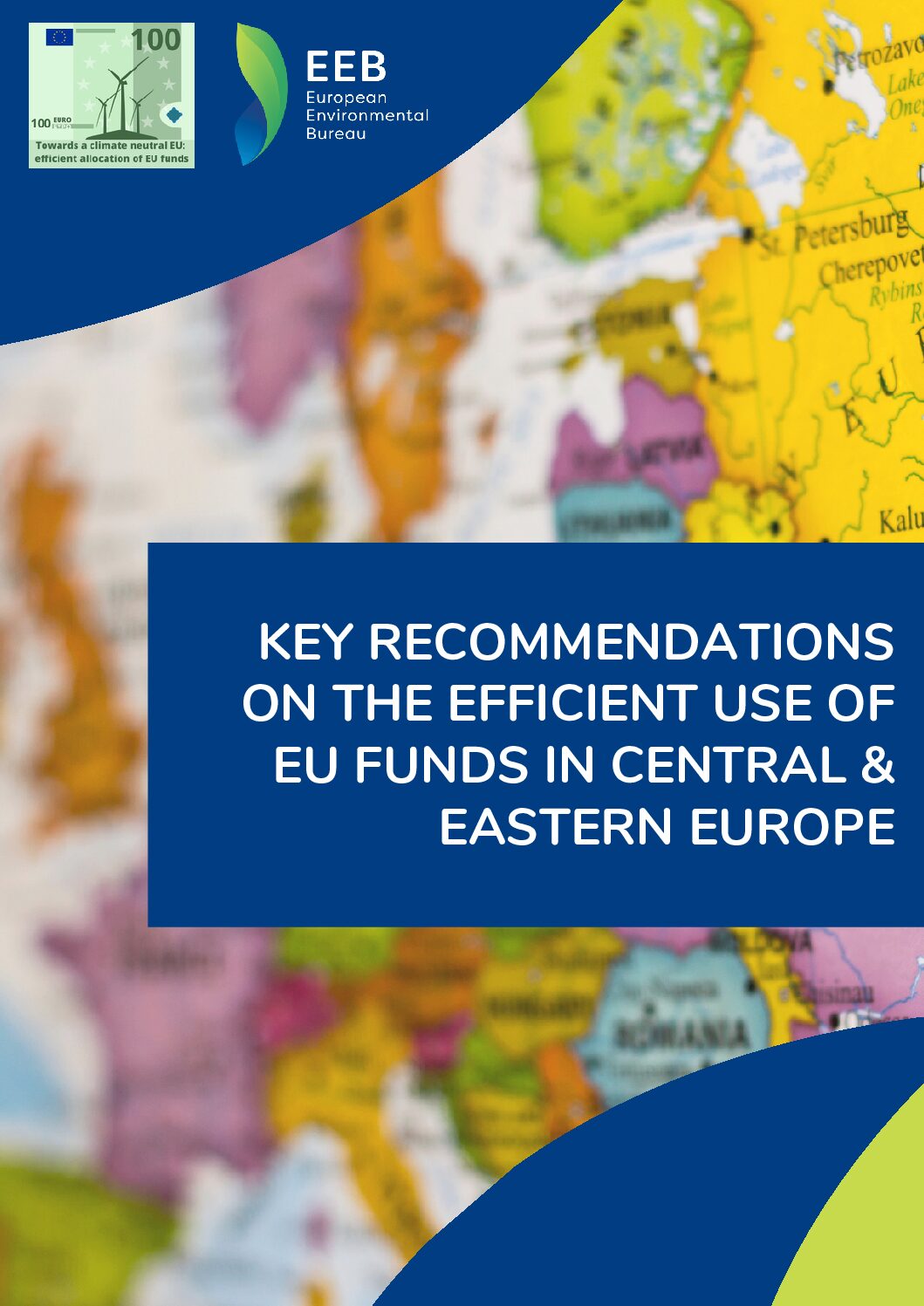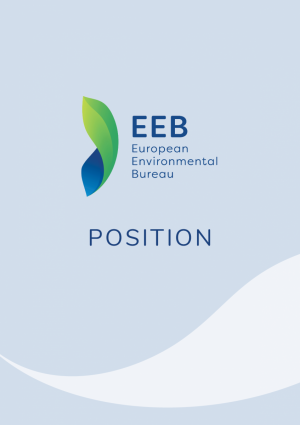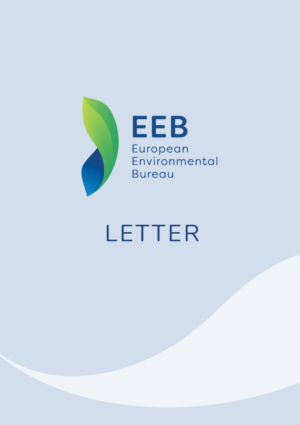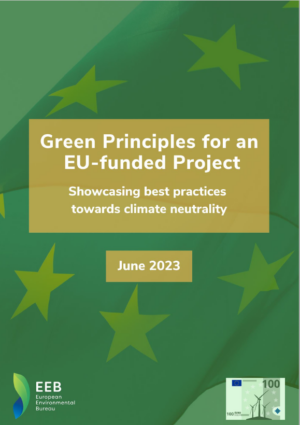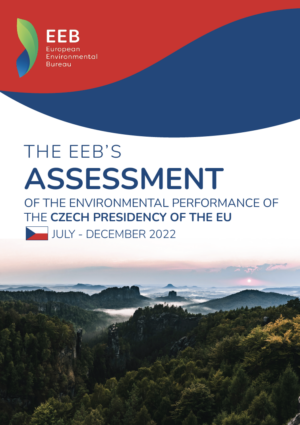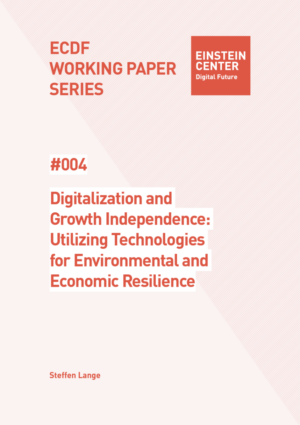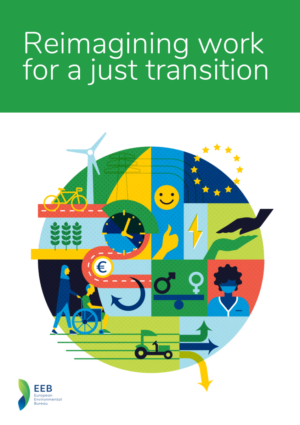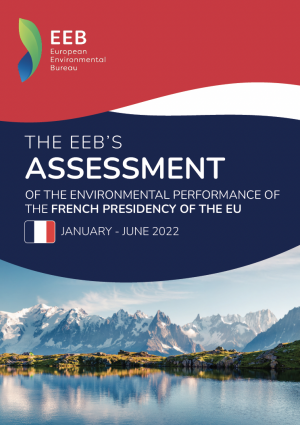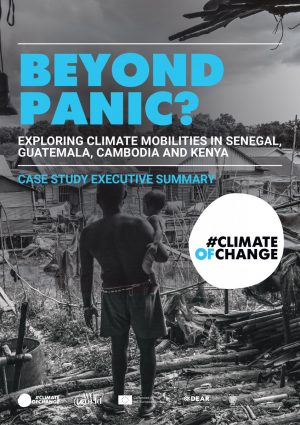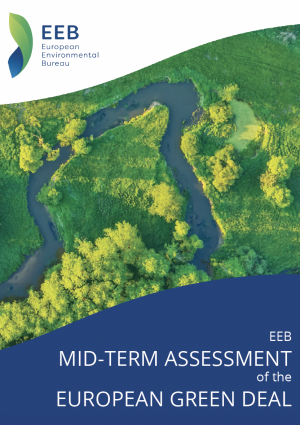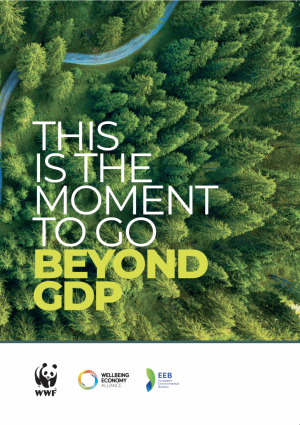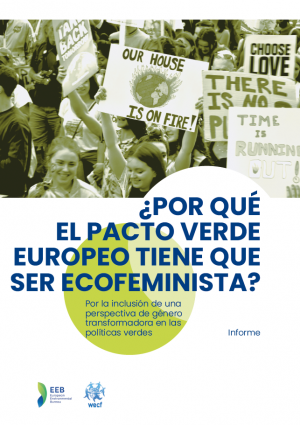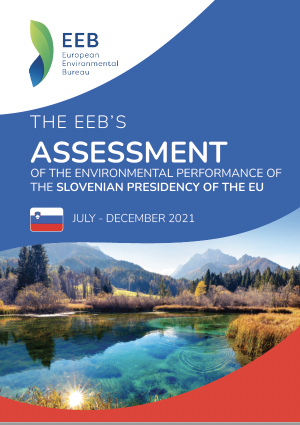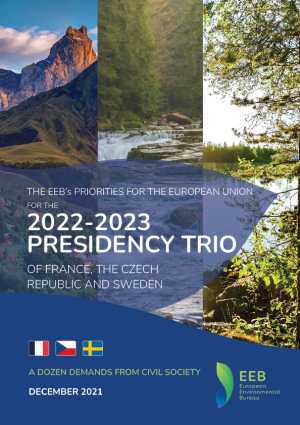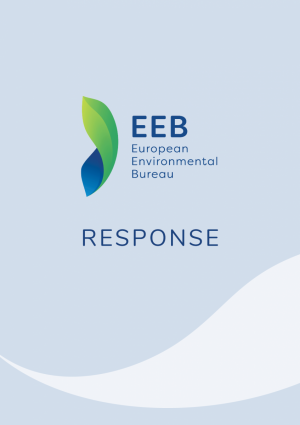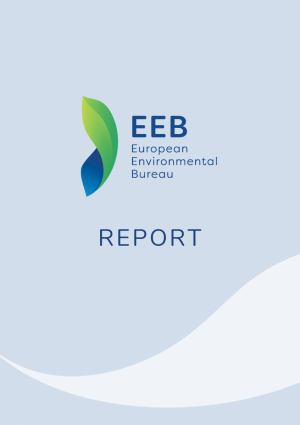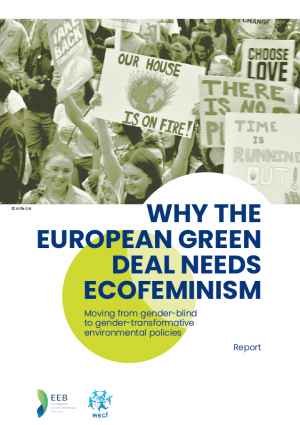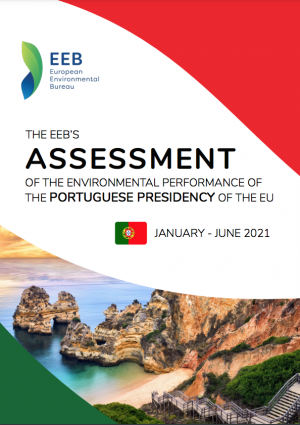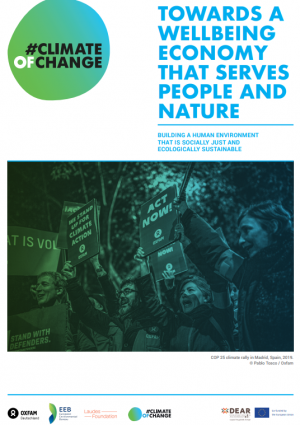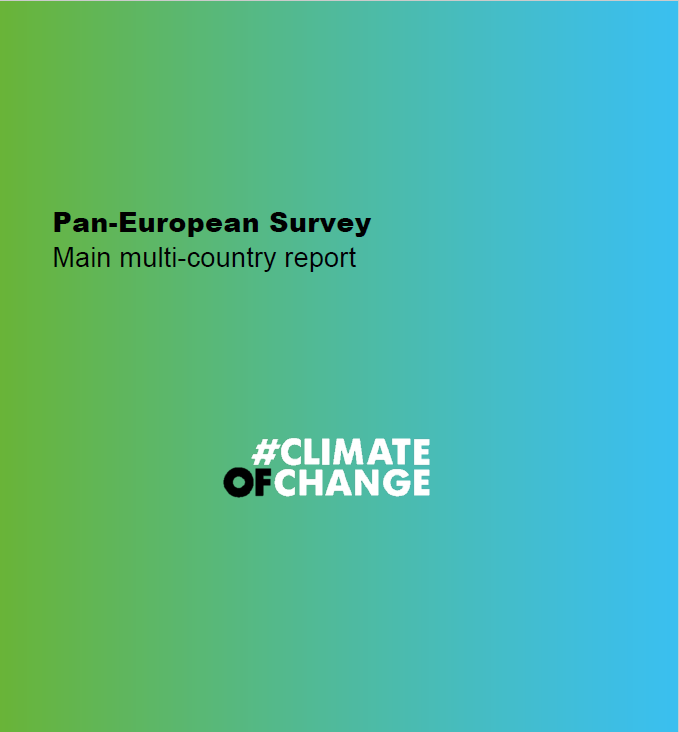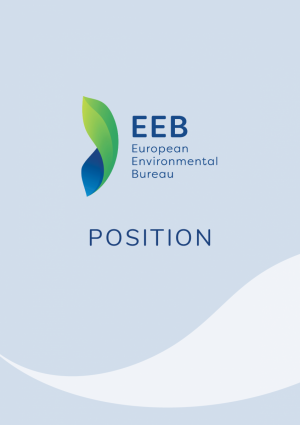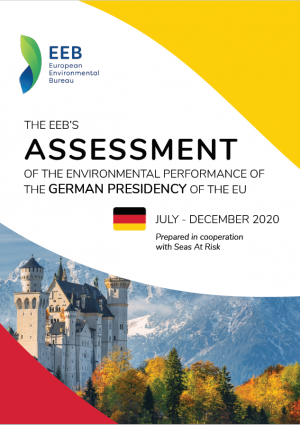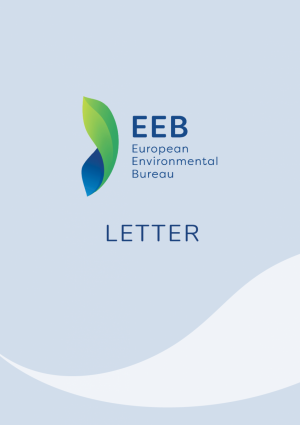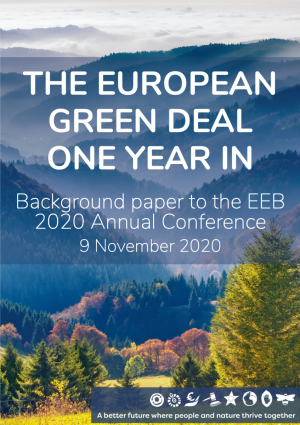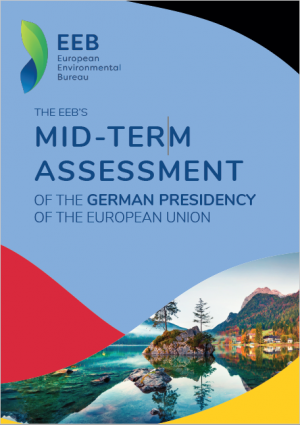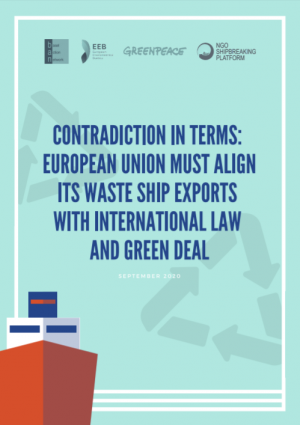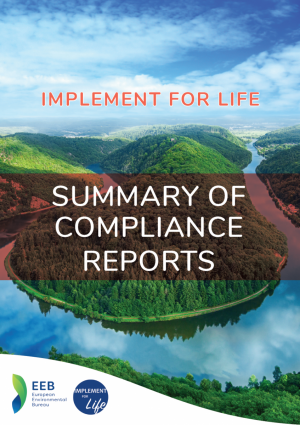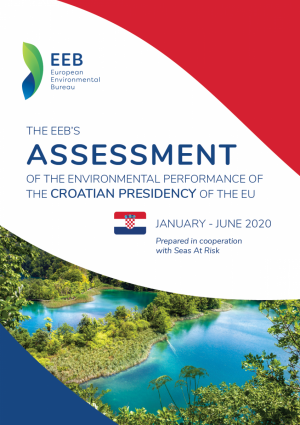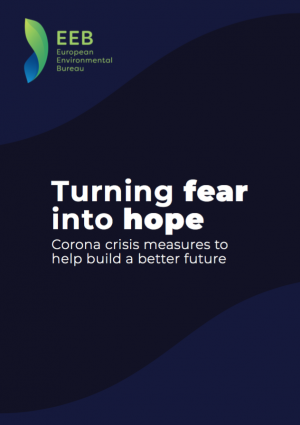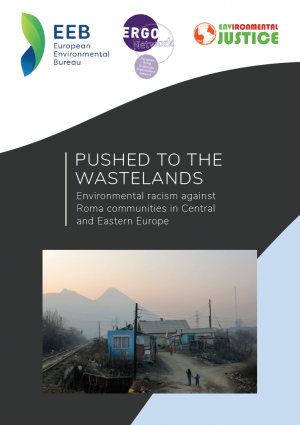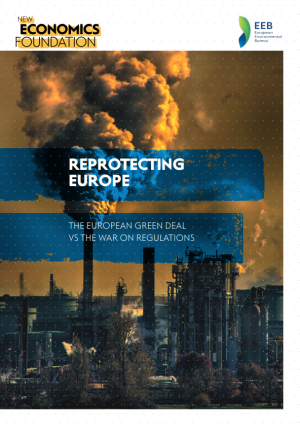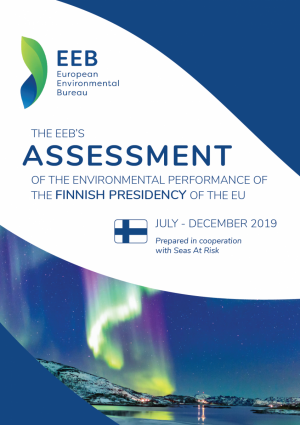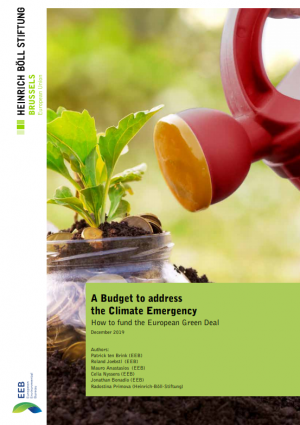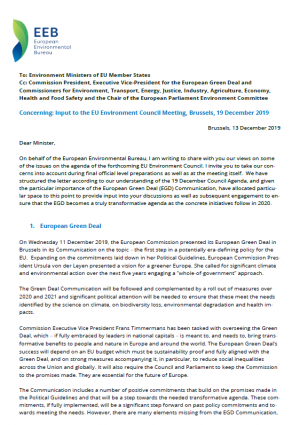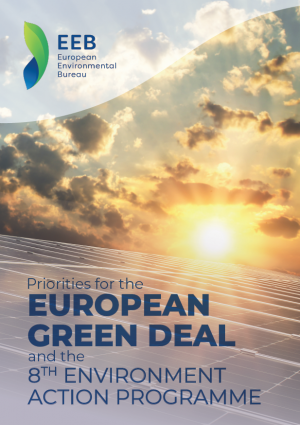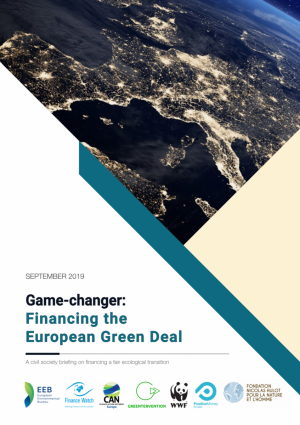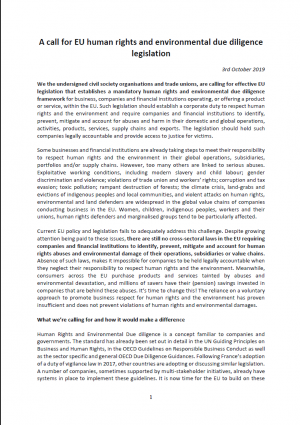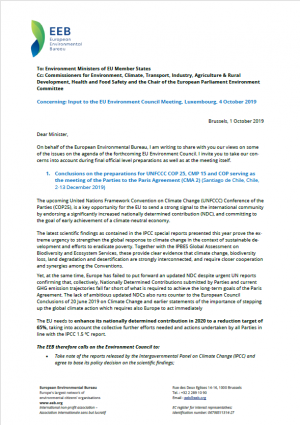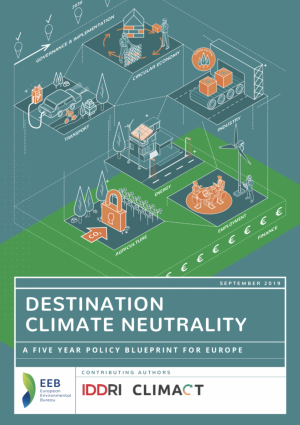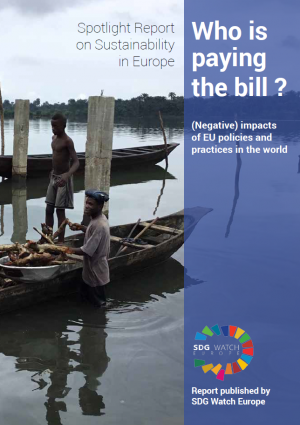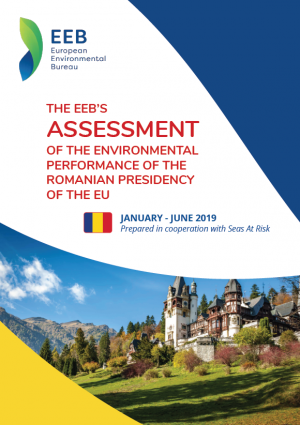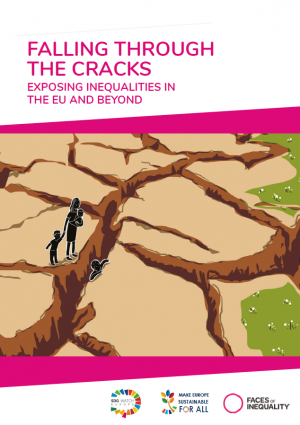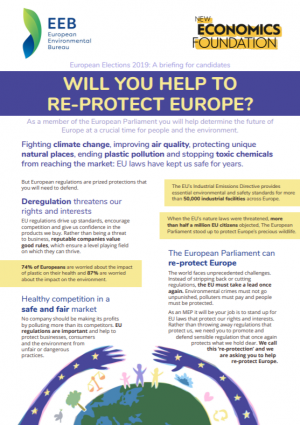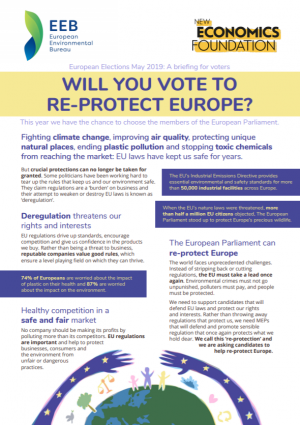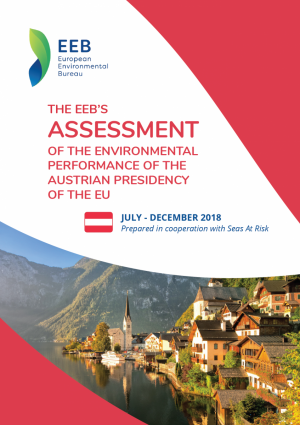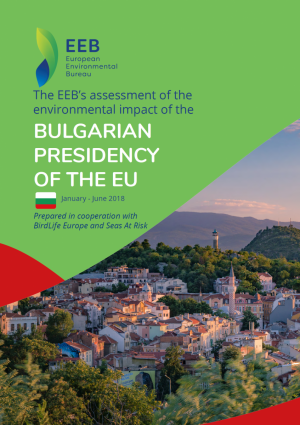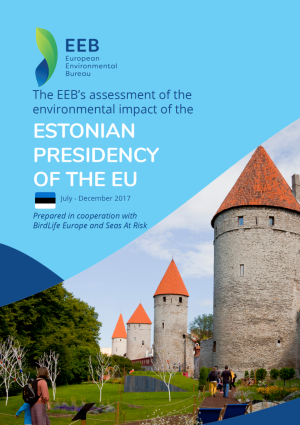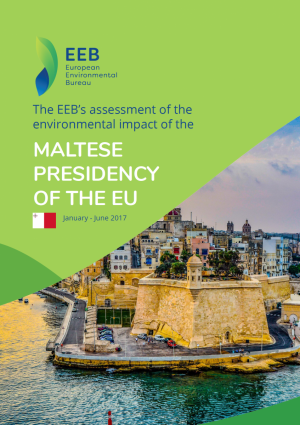Intergovernmental Environmental Processes
Beyond European environmental policies, the EEB engages in regional and international fora where solutions for environmental issues are discussed and negotiated. The EEB aims to ensure that the role played by the EU and its Member States is constructive and that the EU acts as a leader in advancing international environmental policies. Moreover, we ensure that a European civil society perspective is included in intergovernmental processes and stand up for meaningful engagement mechanisms.
The EEB engages in key fora, such as the United Nations Environment Programme (UNEP) and the UN Environment Assembly (UNEA), the Organisation for Economic Co-operation and Development (OECD) and the UN High-Level Political Forum on Sustainable Development (HLPF). In all these instances, the EEB brings civil society’s concerns to the table and contributes to strengthening international environmental law and policies.
UN Environment Programme
The EEB serves as a Regional Facilitator for stakeholders in the European Region for the UN Environment Programme. We works with civil society organisations to push for strong outcomes of the UN Environment Assemblies (UNEA) and regularly host regional and international consultations to prepare CSOs’ positions and input to UNEA.
High Level Political Level Political Forum
The EEB follows the implementation of the Sustainable Development Goals (SDGs) at the High Level Political Forum (HLFP). This intergovernmental body convenes every year in New York under the auspices of the UN. Civil society has a key role to play, for instance, in monitoring governments and their implementation of the SDGs when they report about the progress made.
Organisation for Economic Co-operation and Development
The OECD can play an important role in developing the necessary policies to change unsustainable production and consumption patterns in its member countries – the world’s leading industrialised nations. The EEB monitors the work of this body, facilitates the participation of NGOs from throughout the OECD countries in the organisation’s main environment-related working areas and processes, and raises concerns when environmental issues are not addressed effectively.
European ECOFORUM
The EEB is part of the European ECOFORUM through which environmental NGOs engage in the Environment for Europe process and the regular Ministerial Conferences.
The EEB hosts a Working Group on International Environmental Governance for its members which follows different international processes such as the 2030 Agenda, the UN Environmental Assembly, COPs of the most relevant MEAs and regional processes such as the Environment for Europe Ministerial Conference.
worldwide have committed to the Sustainable Development Goals and the Agenda 2030
environmental organisations are accredited at UNEP’s NGO Major Group to influence international environmental policies

